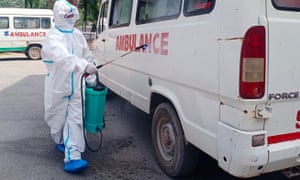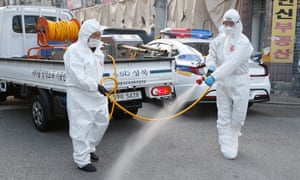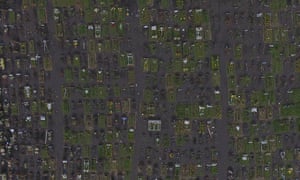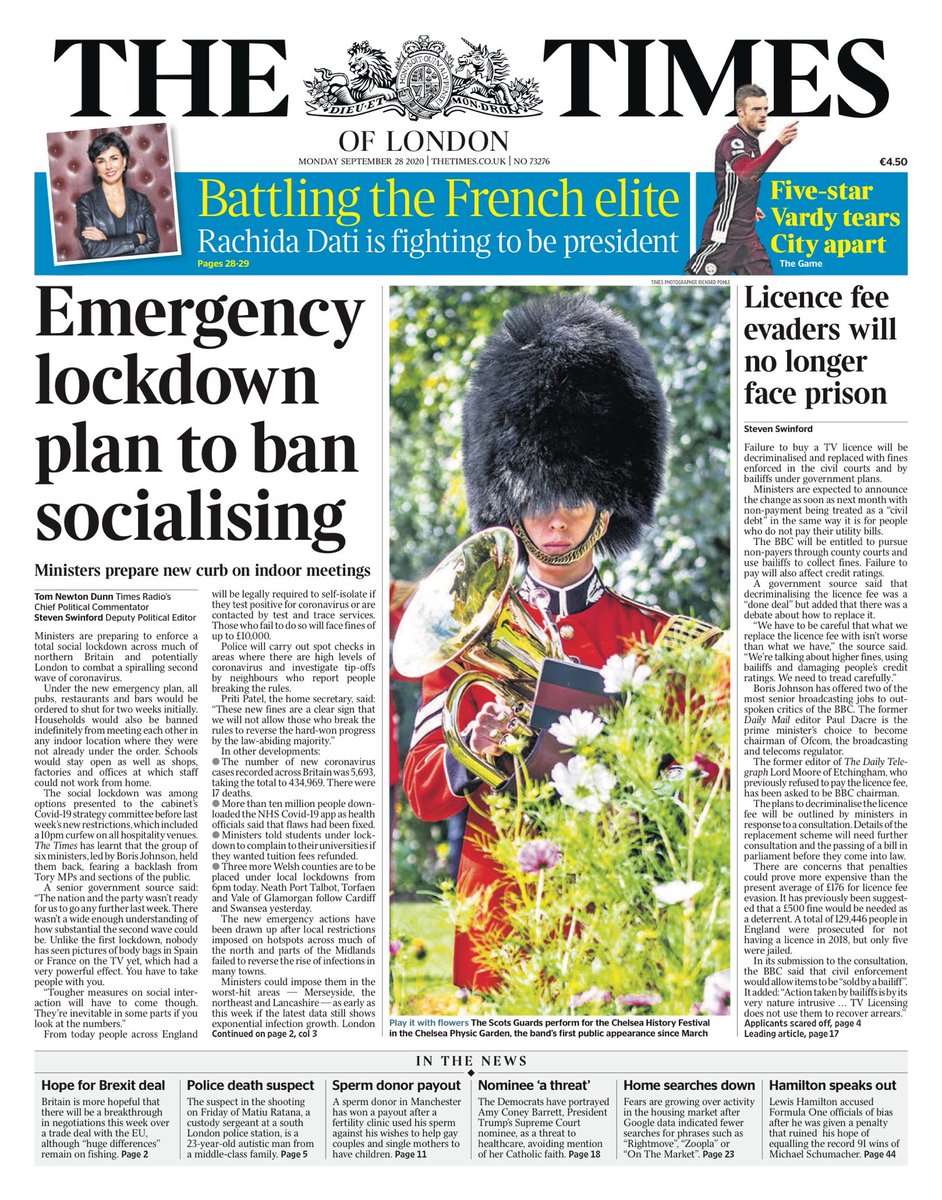
In Australia, as Melburnians were released from curfew restrictions on Monday, just five new cases of coronavirus were announced – the lowest number of daily new cases of Covid-19 in Victoria since 11 June. There were three deaths overnight.
But metropolitan Melbourne remains under strict travel and outdoor exercise restrictions, with people unable to move beyond a 5km radius of their suburb unless they have a work permit.
The premier, Daniel Andrews, on Monday urged people to continue to come forward for testing as case numbers dropped and some restrictions eased. “If you’ve put off getting a test over the course of this weekend, and you’ve got symptoms, or you had symptoms, please go and get a test today,” he said:
Travel between New Zealand and some states of Australia is possible before the end of the year
A new, more robust chapter in English coronavirus regulations begins on Monday, with fines of up to £10,000 for people who refuse to self-isolate when asked, and enforcement including tip-offs from people who believe that others are breaching the rules.
The changes come with the duty to self-isolate moving into law. It becomes a legal obligation if someone is told to do so by test-and-trace staff, but not for those simply using the Covid-19 phone app, which is anonymous.
At the same time, the government is introducing a new system of payments of £500 for people on lower incomes who are unable to work because of the mandatory 14-day self-isolation, a system being implemented by councils:
In Australia, statistics show young people received almost half of all fines dished out during the state’s first wave of the pandemic, while the South Sudanese and Aboriginal communities received an outsize number of fines.
Data released by the Crime Statistics Agency last week shows there were 6,062 breaches of Covid-19 rules associated with 5,474 people during the first wave of the coronavirus pandemic in Victoria.
The average age was 29.5 years, and just one in four of those fined were women. Approximately 42% of those were under the age of 24.
People who were born in South Sudan and Sudan were overrepresented in the fines issued. They made up 5% of the fines but only make up around 0.14% of the Victorian population. Aboriginal and Torres Strait Islander people made up 4.7% of the fines, despite making up just 0.8% of the population in Victoria:












